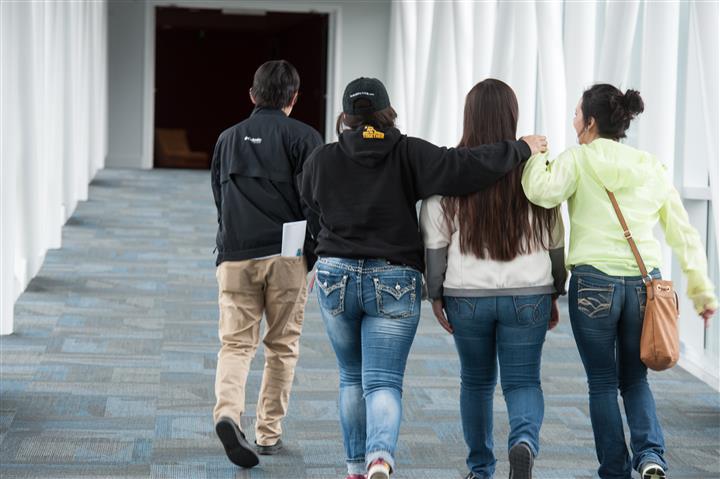Physical disabilities can be either short term (like a broken wrist) or long term (like paralysis of the legs). Depending on your disability, it might be helped with medication and physical therapy. Some people are born with physical disabilities, while other physical disabilities are caused by illness, injury, or accident.
Disability – some reactions. Having a disability can be hard to deal with – you might experience a wide range of feelings or reactions.
What can you do? It can be overwhelming trying to understand why you have to deal with something that can be so difficult and seem so unfair.
Some suggestions that might help:
Support. Don’t be afraid to ask for support, be it from a counselor, family member, or friend.
Try and be patient. Finding yourself with a disability can be really frustrating and can mean that you are more dependent on other people, at least for a while.
Get informed. As with chronic illnesses, having a good understanding of your disability can help you learn to adapt to it and accept it.
Take care of yourself. Make sure that you eat well and exercise if you can. Also do something special for yourself each day, even if it’s just watching your favorite TV show. Most of all, remember that people with any disability can still have fun!
Discrimination. If a person with a disability is treated less fairly than someone without a disability, that is discrimination. It is against the law to discriminate against people with a disability.
If you are experiencing discrimination there are things you can do:
-
- Get informed. Check out the US Department of Justice website or the Americans with Disabilities Act.
- Take action. Tell or write to your manager or the person in charge about what is happening.
- Get support. Tell someone you trust what is happening and take them with you when reporting the discrimination if you need the support. Discrimination also includes bullying or harassment.
Where to get help?
- Work. The U.S. government can provide assistance if you are unable to work due to disability.
- Study. Most universities have disability support offices that are designed to help students with disabilities.
- Organizations and support groups. Support groups can be a great way to get support and advice from people who are going through and have gone through some of the same things as you.
Acknowledgement: This fact sheet was originally developed by youth and staff at ReachOut.com, a website that helps teens get through tough times.
Special thanks: Suzanne Zane, Maternal and Child Health Epidemiologist
Northwest Portland Area Indian Health Board


